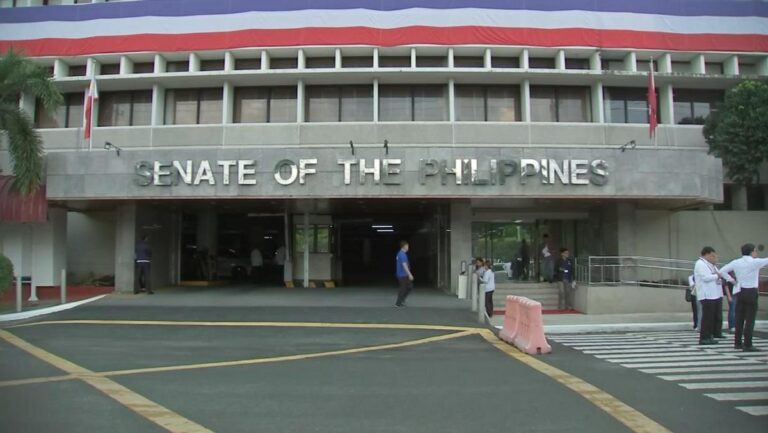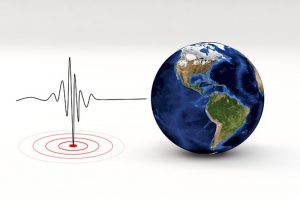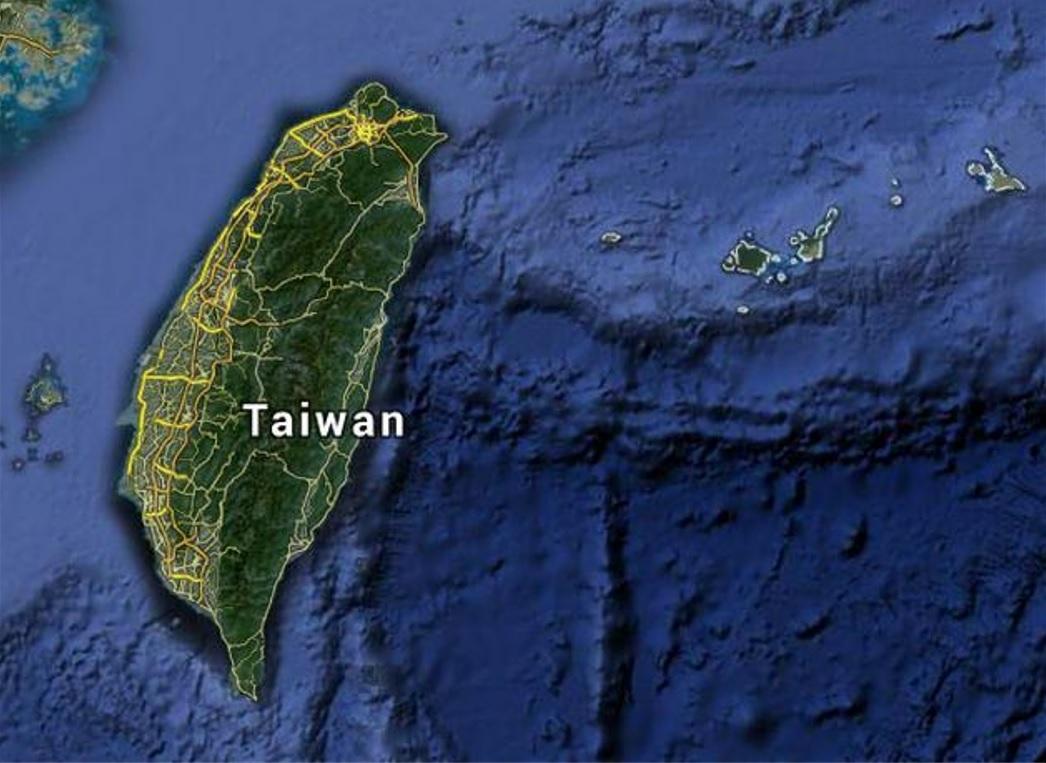The U.S. State Department has given the green light to a $385 million arms deal to Taiwan, which includes spare parts for F-16 fighter jets and advanced radar systems. This decision comes just before Taiwan’s President Lai Ching-te embarks on a sensitive trip across the Pacific, including stops in Hawaii and Guam, both U.S. territories.
Even though the U.S. and Taiwan don’t have official diplomatic ties, U.S. law requires America to help Taiwan defend itself from any threats, particularly from China, which claims Taiwan as part of its territory. Taiwan, a democratic island, strongly rejects China’s claims and insists it is an independent nation.
This arms sale includes $320 million for spare parts and support for Taiwan’s F-16 jets and sophisticated radar equipment to improve its defense systems. Additionally, the U.S. will also sell Taiwan $65 million worth of mobile communication equipment. These upgrades are seen as vital to keeping Taiwan’s military strong and ready. Taiwan’s defense ministry expects these sales to be completed within a month.
Taiwan and the U.S. have a close security partnership and work together to ensure peace and stability in the region, especially in the Taiwan Strait, a key waterway in East Asia. This move is also part of the U.S. strategy to counter China’s increasing military pressure on Taiwan, including recent military exercises aimed at intimidating the island.
In addition to this deal, the U.S. has already approved a much larger $2 billion arms sale to Taiwan, which includes a new air defense missile system that has been tested in Ukraine.
President Lai is traveling to several Pacific islands, including Hawaii and Guam, and will visit the Marshall Islands, Tuvalu, and Palau—three of the 12 countries that still have formal diplomatic ties with Taiwan. The trip is seen as a diplomatic move to strengthen ties with these nations despite China’s pressure.
China has expressed strong disapproval of U.S.-Taiwan relations, urging Washington to be cautious, but the U.S. insists that President Lai’s visit is a routine and non-provocative stopover.

















